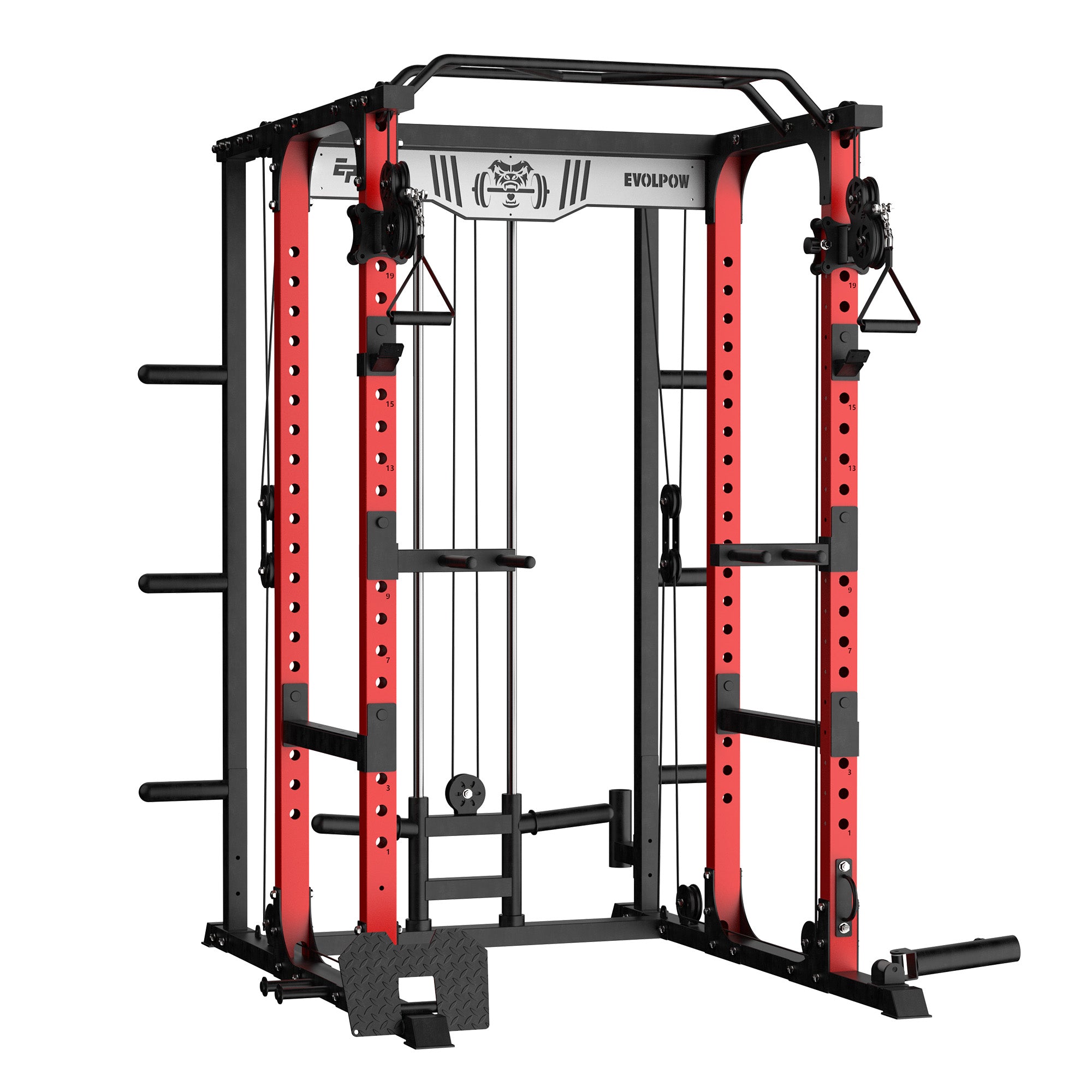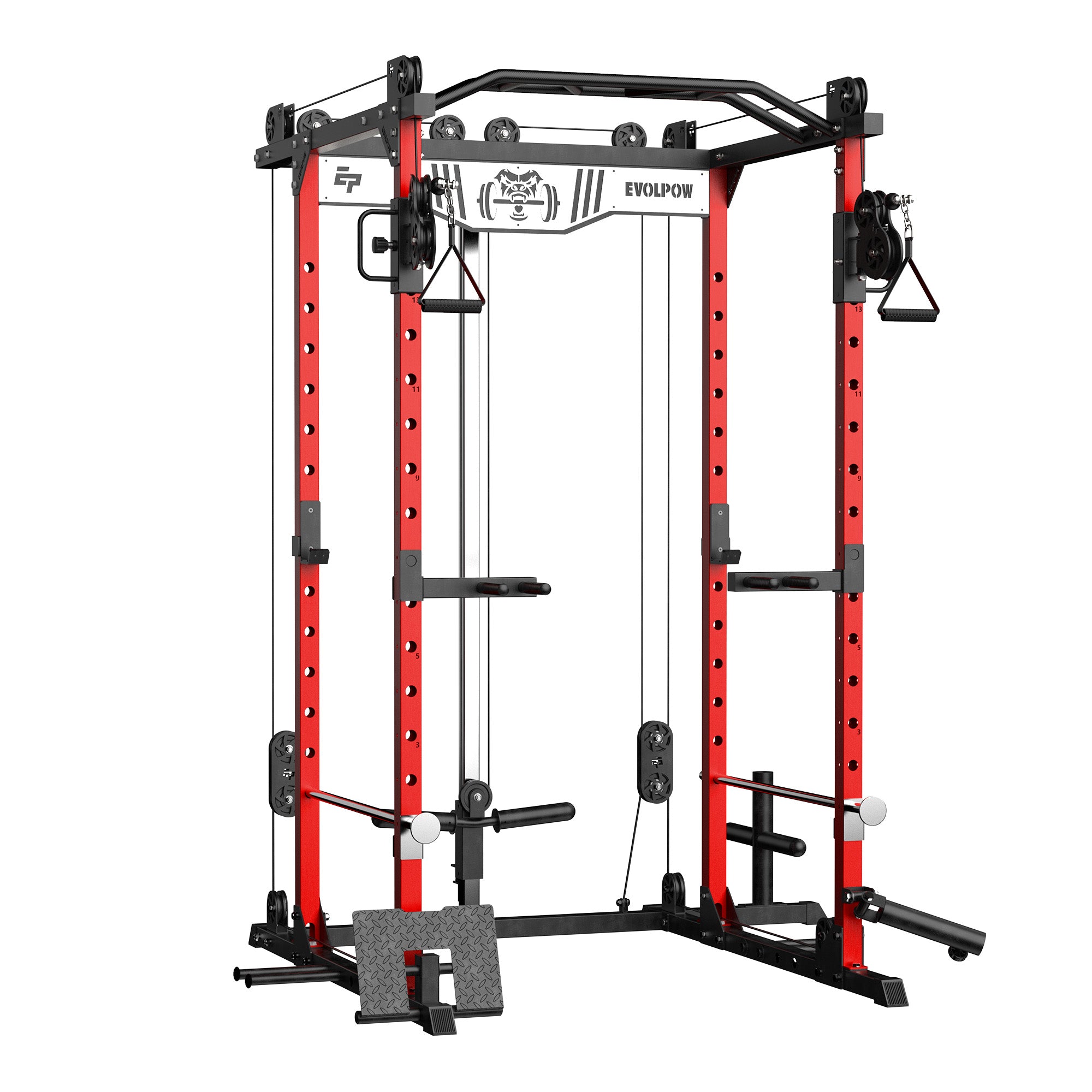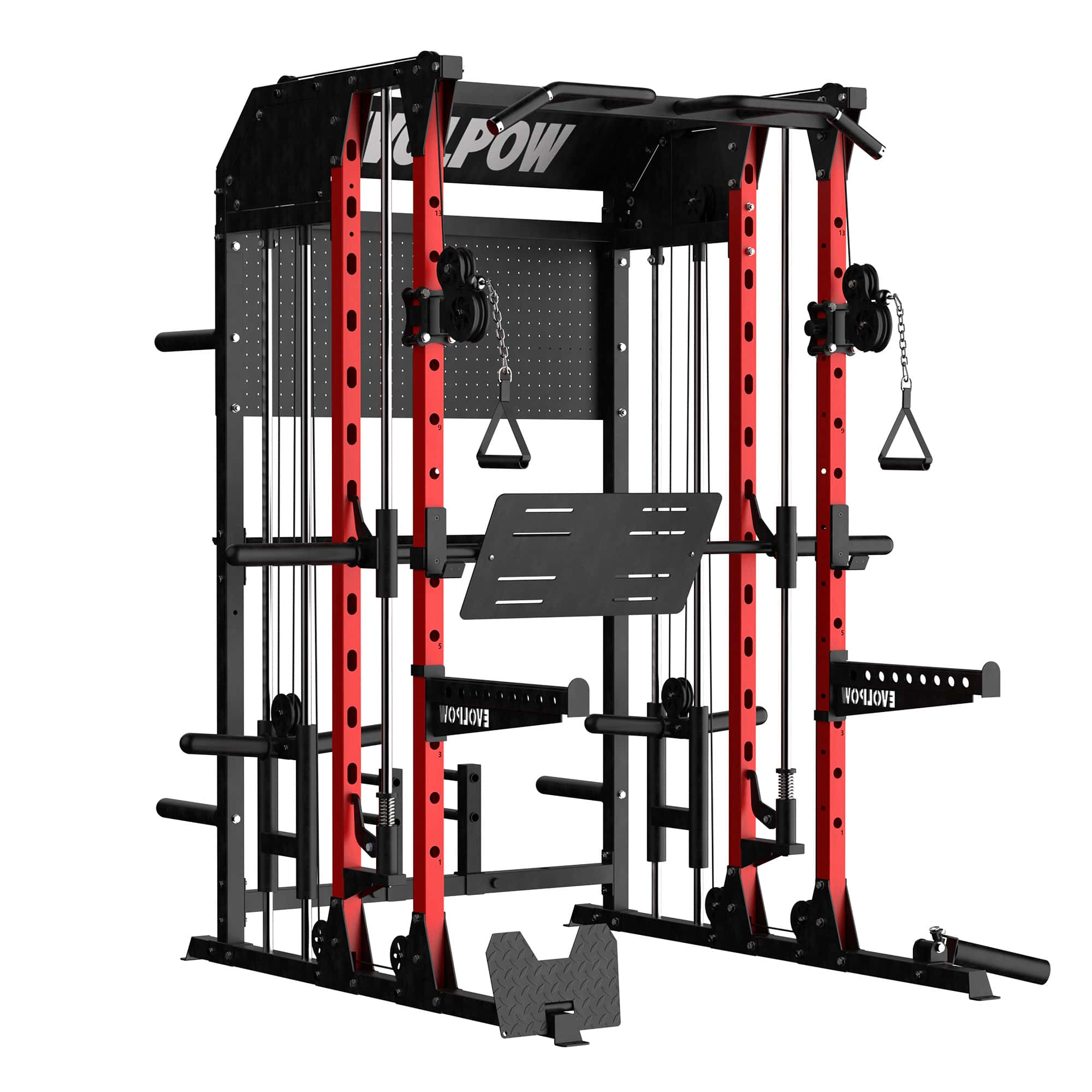Staying adequately hydrated is fundamental for optimizing performance and health during the gym training program. Hydration plays a critical role in regulating body temperature, supporting cardio and muscle functions, and enhancing overall endurance. In this article, we will delve into the importance of hydration during muscle training, signs that indicate dehydration, practical strategies to maintain hydration levels, and the significance of various fluids in supporting hydration needs during a gym workout plan for weight loss.
CONTENTS
Why Hydration Matters During Exercise
Signs of Dehydration
How Much Fluid Do You Need?
Can you drink too much?
Hydration Tips for Workouts
Fluids That Support Hydration
Conclusion
Why Hydration Matters During Exercise
During physical activity, the body generates heat, which needs to be dissipated to prevent overheating. Sweating is the primary mechanism through which the body cools itself down. Sweat consists of water and electrolytes that are lost during exercise. If these fluids and electrolytes are not adequately replaced, dehydration can occur, leading to decreased exercise performance, increased fatigue, and potential health risks.
Signs of Dehydration

Recognizing the signs of dehydration is essential for adjusting hydration strategies during workouts. Some common symptoms include:
-
Thirst: Feeling thirsty is one of the initial signals that your body needs fluids.
-
Dry mouth and lips: Dryness in the mouth and lips can indicate dehydration.
-
Dark-colored urine: Urine color can be a reliable indicator of hydration status. Dark yellow or amber-colored urine suggests dehydration.
-
Fatigue and dizziness: Dehydration can lead to feelings of fatigue, dizziness, and in extreme cases, fainting.
-
Muscle cramps: Electrolyte imbalances due to dehydration can contribute to muscle cramps during exercise.
How Much Fluid Do You Need?

The exact amount of fluid required varies depending on factors such as exercise intensity, duration, sweat rate, body size, and environmental conditions. As a general guideline:
-
Before exercise: Most people are good at taking water to the gym as a mid-workout refreshment, but it’s actually even more important to make sure you have topped up your fluid levels before your session. Regularly drinking fluids throughout the day significantly boosts your energy levels before starting your workout. Taking brief water breaks between sets or during cardio sessions prevents exercise-induced dehydration, ensuring sustained high performance.
-
During exercise: During workouts, aim to drink about 750ml of water or fluid, adjusting based on exercise type and intensity. For example, you will need a higher water intake for a long-duration cycle than you would during a 30-minute weight set. If you are becoming thirsty during your workouts, make sure not to drink too rapidly, as this can cause discomfort, make you feel bloated and affect the overall outcome of your workout.
-
After exercise: To adequately rehydrate after your exercise session, aim to drink one and a half times the fluid you lost while exercising. Don’t do this all in one go. Spread it over the next two to six hours. You need to drink more fluid than you lost while exercising because you continue to lose fluid through sweating and urination for some time after you have finished your session.
Can you drink too much?

Drinking more fluid than you lose through sweating and urination can lead to a rare condition called hyponatremia. Hyponatremia can also happen if you sweat excessively without replacing electrolytes. If you have hyponatremia, your sodium levels are low because your electrolytes have become too diluted. Symptoms of hyponatremia include:
-
feeling bloated
-
a headache
-
feeling confused or disorientated
-
feeling sick or vomiting
If you have any of the symptoms above while you’re drinking during exercise, seek urgent medical advice.
Hydration Tips for Workouts
Optimize hydration by following these tips before, during, and after workouts:
-
Start Hydrated: Begin your workout in a well-hydrated state by drinking fluids throughout the day leading up to exercise.
-
Monitor Sweat Rate: Weigh yourself before and after exercise to estimate how much fluid you've lost through sweat. Aim to replace this lost fluid during and after your workout.
-
Choose the Right Fluids: Water is generally sufficient for workouts lasting less than an hour. For longer or more intense workouts, consider sports drinks that contain electrolytes to replace those lost through sweat.
-
Avoid Overhydration: While it's important to stay hydrated, drinking excessive amounts of water without replacing electrolytes can lead to hyponatremia, which is also dangerous.
-
Consider Electrolyte Replacement: If you sweat heavily or exercise for more than an hour, choose electrolyte-rich drinks or consider adding electrolyte tablets to your water to maintain electronic balance.
-
Listen to Your Body: Pay attention to thirst cues and how you feel during exercise. Adjust your fluid intake accordingly.
-
Stay Cool: Exercise in shaded or air-conditioned environments when possible to reduce sweating and water loss.
-
Post-Workout Hydration: Rehydrate promptly after exercise to replenish fluids and electrolytes. This helps in recovery and prepares your body for the next workout session.
Fluids That Support Hydration
-
Water: The most essential fluid for hydration-water should be your primary source of hydration for most workouts.
-
Sports Drinks: These beverages contain electrolytes (sodium, potassium, magnesium) and carbohydrates, which can be beneficial for prolonged or intense exercise lasting more than 60-90 minutes.
-
Coconut Water: Natural coconut water is rich in potassium and can serve as an electrolyte replacement drink for moderate exercise sessions.
-
Electrolyte Tablets: These can be dissolved in water to provide a quick and convenient way to replenish electrolytes lost through sweat.
Conclusion
Hydration is crucial for maintaining performance, health, and safety during exercise. By understanding the importance of hydration, recognizing signs of dehydration, and implementing effective hydration strategies, you can optimize your workout performance and overall well-being. Remember to tailor your fluid intake based on individual needs, exercise intensity, and environmental conditions. Consistency in maintaining proper hydration habits will support your fitness goals and contribute to long-term health benefits.
Incorporate these hydration tips into your workout routine to ensure you're performing at your best, staying safe, and enjoying the benefits of an active lifestyle year-round.We recommend you the EVOLPOW Multifunctional Gym Blender Bottle. With BPA-free, this bottle is crafted to be safe for you and your loved ones, providing peace of mind with every sip.
FAQ
Q: What are some signs of dehydration that I should watch out for during workouts?
A: Signs of dehydration include thirst, dry mouth, dark-colored urine, fatigue, dizziness, and muscle cramps. These symptoms indicate that your body needs fluids to maintain optimal performance and prevent health risks during exercise.
Q: Should I drink sports drinks or water during my workouts?
A: For workouts lasting less than an hour, water is generally sufficient. However, for longer or more intense sessions, sports drinks containing electrolytes and carbohydrates can help maintain hydration and provide energy. Coconut water and electrolyte tablets are also effective alternatives depending on your exercise intensity and duration.
Q: What should I do if I experience symptoms of dehydration or overhydration during exercise?
A: If you experience signs of dehydration (thirst, fatigue, dark urine) or overhydration (bloated feeling, confusion), adjust your fluid intake accordingly. Seek medical advice if symptoms persist or worsen, especially if experiencing severe symptoms like confusion or seizures.
REFERENCE
https://www.bupa.co.uk/newsroom/ourviews/hydration-exercise
https://www.fitnessfirst.co.uk/blog/guide-to-staying-hydrated-before-during-and-after-a-workout
https://www.massgeneralbrigham.org/en/about/newsroom/articles/tips-for-staying-hydrated






